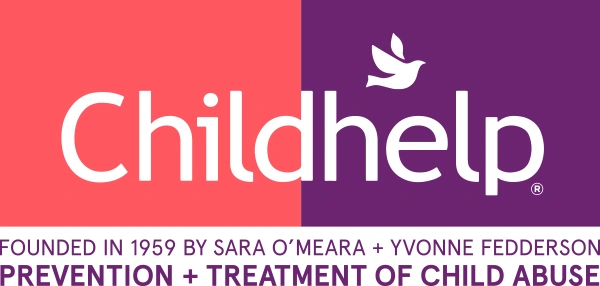The Village is a private, nonprofit, psychiatric residential treatment facility located in rural Virginia. The Village provides a clinically sophisticated therapeutic program utilizing an interdisciplinary approach specializing in the treatment of children and adolescents with mild to severe trauma or neglect, psychiatric disorders, and neurodevelopmental disorders. The Village brings the light of love and healing into the lives of countless abused and neglected children, and those suffering from psychiatric and behavioral disorders. Our unique location on a 270-acre horse farm provides a nurturing treatment setting with a variety of therapy resources. Children live in separate home-like cottages based on age and gender. We take a holistic approach to serving children. In addition to meeting their physical, emotional and educational needs, we also see to address the spiritual needs. With a full-time Chaplain on staff, regular, voluntary non-denominational services and literature are available as well as the use of nature through gardening, animal care and nature study. Each child has daily opportunities to pursue a variety of recreational activities: horseback riding, community outings, hiking and biking trails, rope courses, team sports, swimming, and a children’s choir.
The Alice C. Tyler Village of Childhelp
The Village is a private, nonprofit, psychiatric residential treatment facility located in rural Virginia.

Welcome to The Village
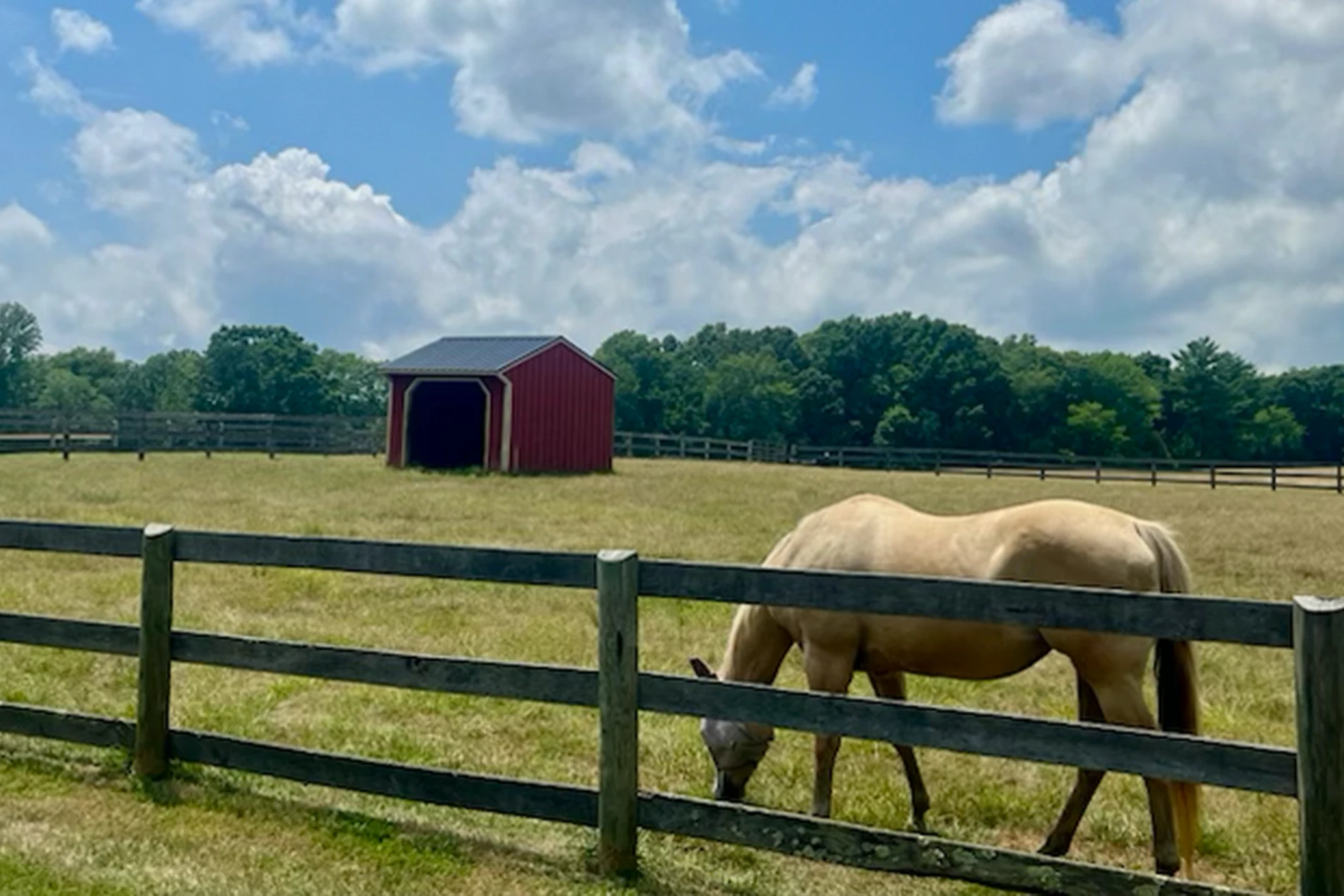
The Village’s programs
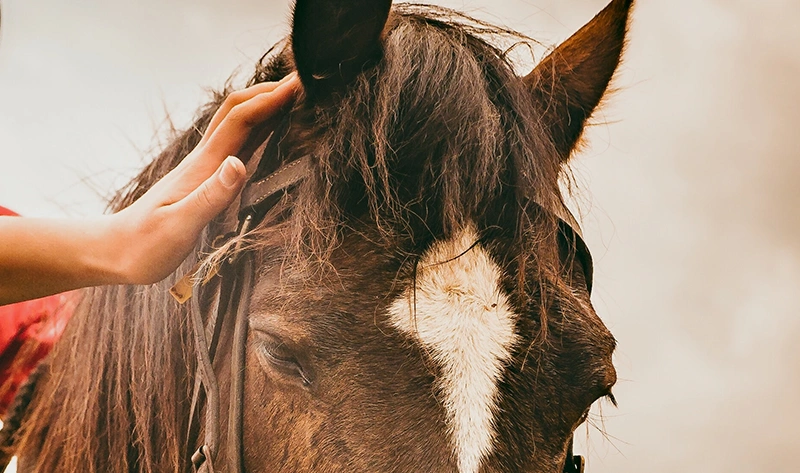
Equine therapy
Equine therapy has many benefits, including building confidence, self-efficacy, communication skills, boundaries and trust.
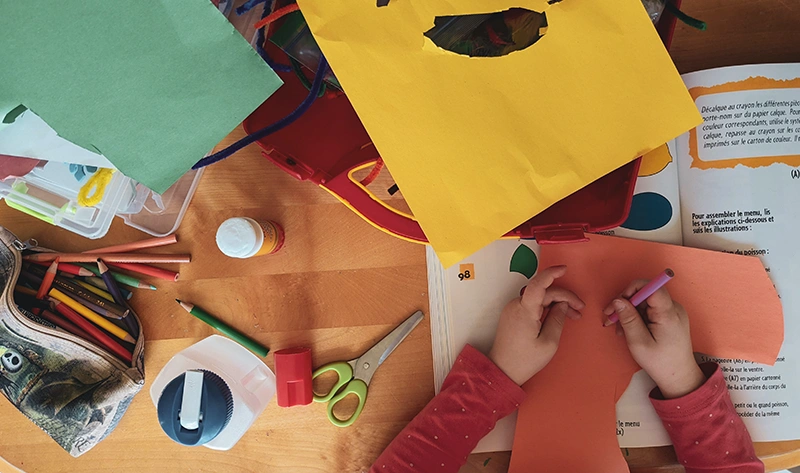
Art therapy
Art therapy, guided by an art therapist, involves using art to explore emotions, address conflicts, boost self-awareness, manage behavior, enhance social skills and improve overall mental well-being.
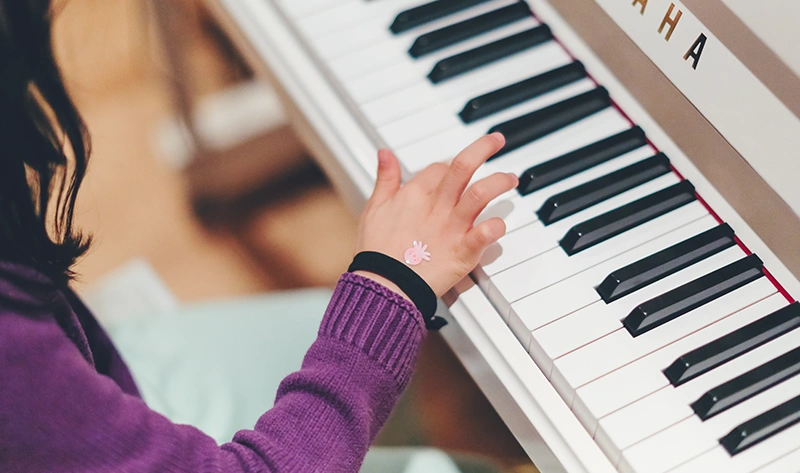
Music therapy
Music interventions are used to facilitate emotional awareness, frustration tolerance, self-reflection, stress reduction, increase self-esteem and self-confidence, and to practice positive social interaction.

Spirituality
Healing from trauma involves finding meaning, hope and beauty in life. At the Village, we address children’s spiritual needs through three essential engagements.
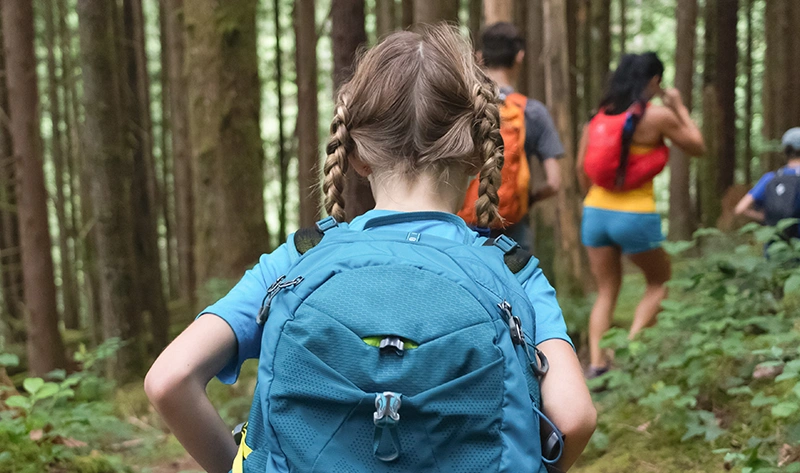
Occupational therapy
Our occupational therapy program enhances children’s fine motor, visual motor, coordination, cognitive, and sensory processing skills. This development fosters independence, enabling success in home, school and community environments.
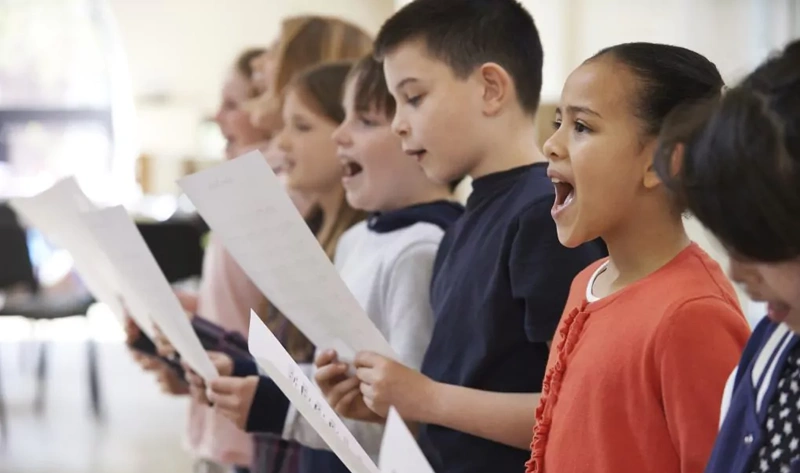
Residential program
We care for children facing emotional and behavioral challenges that hinder community success. Through targeted treatment, Childhelp empowers them to overcome obstacles, fostering reintegration into nurturing homes and the community.
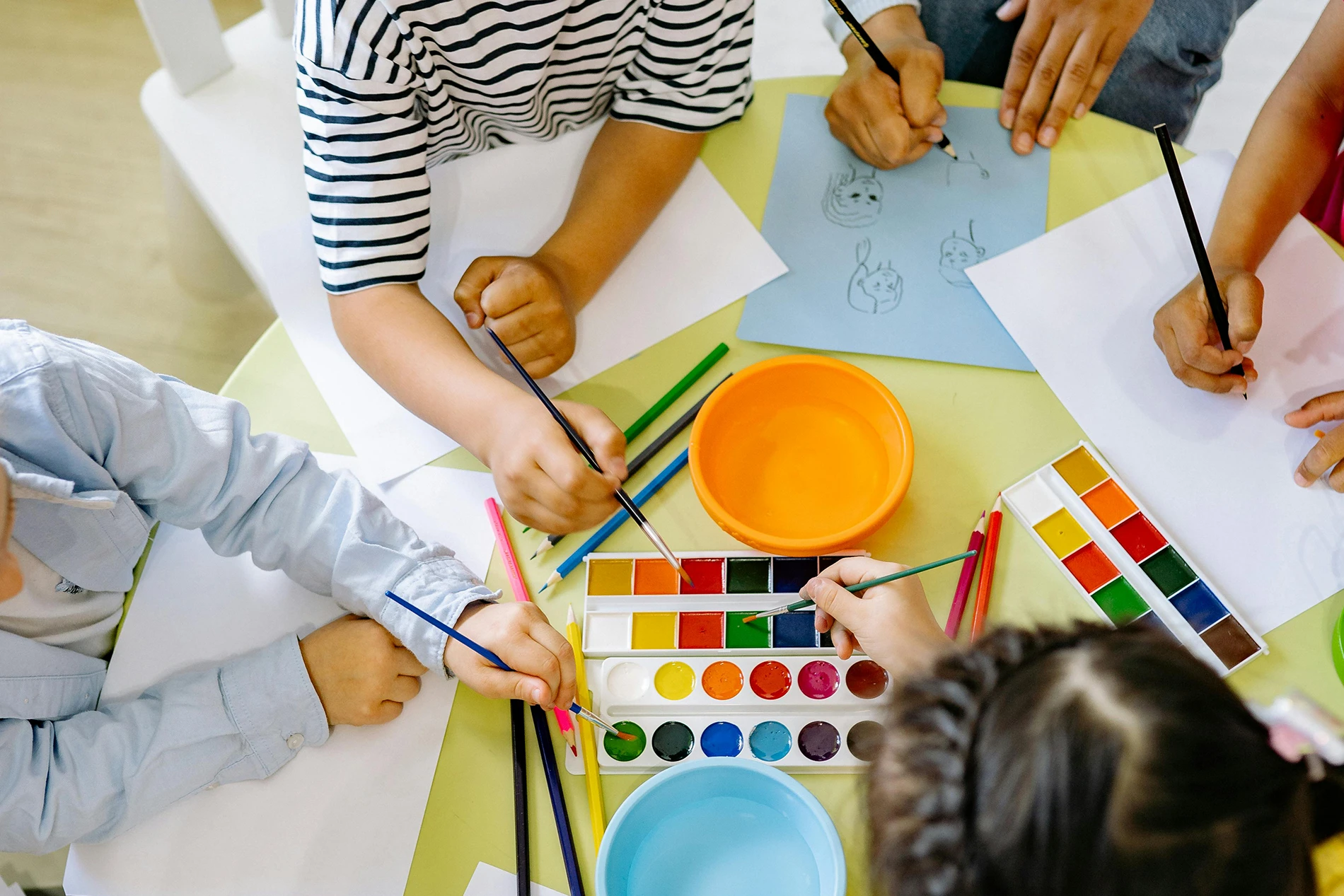
Admissions
Our team members are role models. We provide therapeutic care for boys and girls in crisis. Our Village is the children’s home and is never operated like an institution. We see remarkable results in our children that range from a single smile to lifelong inspiration. We consider all referrals and encourage families to tour the campus and talk with our staff to find out how the Village can help your child.
Funding criteria
We accept VA, WV, MD, NJ and PA Medicaid. We work with any Title IV child across the East Coast. Childhelp is a Medicaid and TRICARE provider and works with most private insurance companies.
Medical care
Many children have not received adequate medical care during their developmental years. The medical department staffed with experienced nurses 24/7 and led by our full-time psychiatrist, will provided that much needed care. Children may begin to feel the love and care essential for proper growth and development. Specialized needs are provided by collaborative sources. Here a child can thrive while receiving high quality healthcare services, proper medication management, and monitoring. Vaccinations are brought up to date for enrollment to school once discharged. We also empower the children with medication education. Obtaining positive competent healthcare are building blocks to create a new paradigm for a healthier future.
Admissions Email: admissions@childhelp-va.org
Report a Patient Safety Concern or File a Complaint
Help kids heal by supporting our Adopt-a-Therapy-Horse program
At Childhelp’s Virginia Village Adopt-a-Therapy-Horse program, your support can transform the lives of children through the power of equine-assisted therapy. By adopting a horse — or one of our two resident donkeys — you open the door for children to build trust, gain confidence, and develop responsibility. Your generosity will help create a safe and nurturing environment where kids can heal from trauma, gain self-esteem and master essential life skills. A year-long adoption ensures consistent access to these incredible therapeutic animals, fostering the deep, trusting bonds that provide children with the stability they need to thrive. Below, you’ll find profiles of the horses available for adoption. Explore their unique stories and discover how each one helps create powerful connections with children in need. Your support will help create a life-changing bond for both the horse and the child.

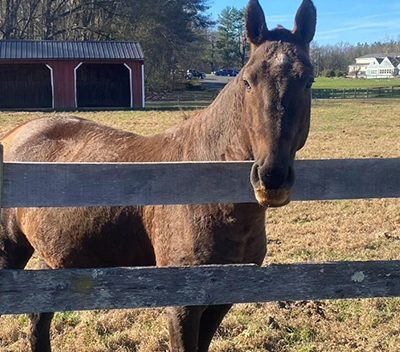
Breed: American Bashkir Curly
Gender: Gelding
Color: Liver Chestnut
DOB: 2014
Height: 14.1 Hands
Curly came to Childhelp in the spring of 2022 and has quickly become a beloved part of the family. As a member of the American Bashkir Curly breed, Curly has a unique coat that grows long and curly in the winter and sheds his mane and tail in the summer. His distinctive appearance is just one of the many things that make him special! Though still relatively young for this kind of work, Curly is eager to learn and showing progress. Playful, curious, and expressive, Curly loves attention and interacting with children. He is currently used for grooming sessions with the older and more regulated children, where his patient and kind nature shines. His willingness to please and strong desire to be a good boy make him a promising therapy partner. If Curly were an animated character, he’d be either “Scooby Doo” or “Pumba” from The Lion King — playful, full of heart, and always ready for adventure. Ready to adopt? Speak to a Childhelp representative.
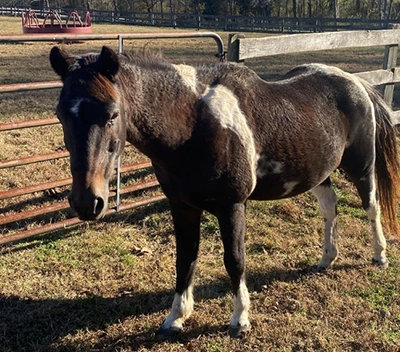
Breed: Pinto Pony
Gender: Gelding
Color: Black and White
DOB: Estimated 2001
Height: 13.1 Hands
Tucker is a wise and patient pony who has found a second life at Childhelp after being rescued at an auction. Once a children’s hunter pony, Tucker is well-trained and an excellent therapy partner for children. Though arthritis prevents him from being ridden, Tucker enjoys liberty work, skillfully jumping fences with staff, and offering invaluable lessons in showmanship to children. Tucker is a true favorite among the children — his kind, tolerant nature makes him the perfect companion for grooming sessions, in which he adores being bathed and having his mane braided. If he were an animated character, Tucker would undoubtedly be “Sebastian” from The Little Mermaid — fun-loving, a bit cheeky, and always willing to lend a helping hoof. Ready to adopt? Speak to a Childhelp representative.
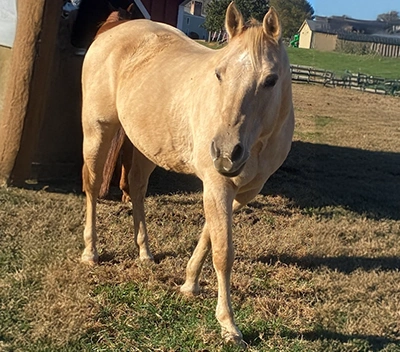
Breed: grade American Quarter Horse mare Color: Dun Palomino DOB: Estimated 2020 Height: 60 inches Harley came to Childhelp in 2022, and although we don’t know much about her history, she has quickly made a lasting impression. With her beautiful blonde coat and attractive stock horse build, Harley looks like a supermodel, but it’s her sweet, kind heart and expressive face that truly shine. She is a sensitive soul with a unique gift of helping children self-regulate. Harley doesn’t appreciate chaos, whether internal or external, and is graceful in removing herself from any stressful situation. Her ability to sense when a child needs space and to offer calm in those moments makes her an invaluable companion in therapy. Harley excels in one-on-one interactions and seeks meaningful bonds with people. Though she cannot be ridden due to an old injury, Harley has excellent ground manners and will happily visit over the fence, even when there’s plenty of grass to munch on, showing just how much she craves connection. If Harley were an animated character, she would be “Sally Carrera” from Cars — elegant, kind, and always seeking meaningful relationships. Ready to adopt? Speak to a Childhelp representative.
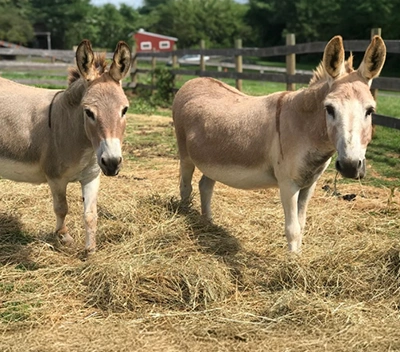
Meet Mikey!
Breed: Miniature Jack
Gender: Gelding
Color: Red Roan
DOB: 6/24/2001
Height: 34 inches
Mikey is a calm and gentle 23-year-old miniature donkey with a heart as big as his ears. He spent his early years at a petting zoo and now brings comfort and joy to the children at Childhelp. Mikey is especially beloved by our younger or more timid children, thanks to his small size and soothing presence. Grooming sessions are his favorite pastime, and he has a knack for bringing a smile to every face — even if he does remind us of a certain beloved, soft-spoken animated donkey (yes, we’re referring to “Eyeore” from Winnie the Pooh!). Ready to adopt? Speak to a Childhelp Representative: Click Here
Meet Mackey!
Breed: Miniature Jack
Color: Sorrel
DOB: Estimated 2004
Height: 34 Inches
Mackey is a spirited and playful miniature donkey who brings a touch of mischief and a lot of love to the children at Childhelp. As Mikey’s son, Mackey shares his father’s gentle size, making him approachable and less intimidating for our smaller or more nervous children. True to his playful nature, Mackey adores attention and thrives on interacting with the children. His energy is balanced by his ability to teach calm perseverance, helping children find patience and focus in their moments with him. With his curious personality and love for fun, it’s no surprise that Mackey is often compared to “Donkey” from the movie Shrek. Ready to adopt? Speak to a Childhelp representative.
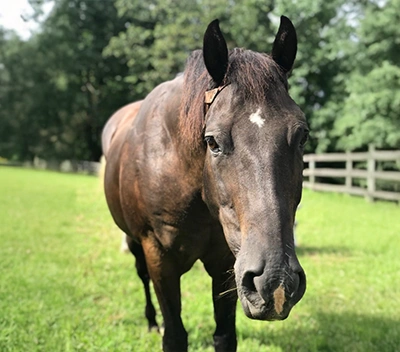
Breed: Grade Quarter Horse
Gender: Gelding
Color: Black
DOB: Estimated 1996
Height: 15.2 Hands
Zuko joined Childhelp in 2018, after his owner passed away. He arrived with his companions Kenickie and Rizzo, and has since become Kenickie’s BFF. We believe Zuko had experience with hill topping during local fox hunts in his past, showing his athleticism and versatility. Known for his kind, patient, and unflappable disposition, Zuko has been a trusted therapy partner, both mounted and unmounted, for many years. However, due to arthritis, Zuko has retired to unmounted work only in the past year, and now enjoys his days helping children in a more relaxed role. Bath day with the kids has become one of his favorite activities. If Zuko were an animated character, he would be “Doc Hudson” from Cars — wise, reliable, and calm under pressure. His favorite treat? Stud Muffins — a perfect snack for this gentle, loving horse. Ready to adopt? Speak to a Childhelp representative.
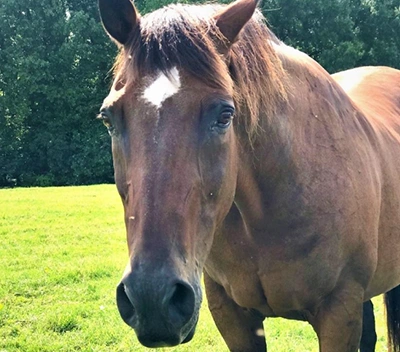
Breed: Grade Quarter Horse
Gender: Gelding
Color: Bay
DOB: Estimated 1999
Height: 15.1 Hands
Kenickie is a wise and playful horse who came to Childhelp in 2018, after his owner passed away. A fellow grade Quarter-type gelding, Kenickie shares a special bond with Zuko, and the two are inseparable. In his younger days, Kenickie was known for his work with local fox hunts, where he participated in hill topping, and was trained to drive and pull a cart. Though arthritis has slowed him down, Kenickie still has a spark of playfulness, showing that age is just a number! He loves to be groomed and enjoys the companionship of children, though he is an opinionated “old man” who teaches valuable lessons about respecting boundaries and paying attention to body language. Due to some well-managed tooth challenges, Kenickie gets soaked feed instead of treats, but does enjoy a snack of Alfalfa hay. If Kenickie were an animated character, he would be “Sven” from Frozen — a bit mischievous, loving, and always up for a good time. Ready to adopt? Speak to a Childhelp representative.
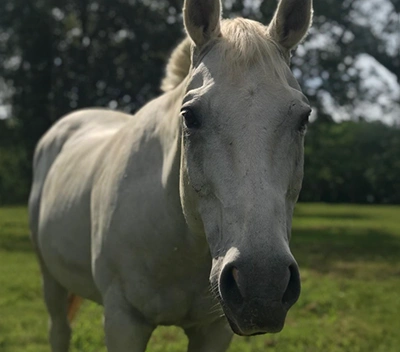
Breed: Registered Appendix Quarter Horse (half AQHA/ half Thoroughbred)
Gender: Gelding
Color: Gray
DOB: 3/4/1999
Height: 16 Hands
Harry has been a cornerstone of our program for 17 years, joining Childhelp in 2007. With a background as a 1st Flight Fox Hunter and Eventer, he earned numerous championships and excelled in Dressage and cross-country jumping. Though opinionated and playful, Harry has always shone in the arena with children, helping them learn about body language and boundaries. After an injury at age seven, Harry retired from competition and was generously donated to Childhelp. He now teaches kids patience, focus, and overcoming fear. Despite his size, Harry is a gentle giant, often helping children on the spectrum through his patience and kindness. His big heart and playful spirit make him a favorite among children. If Harry were an animated character, he’d be “Pascal” from Tangled — lovable and full of character. Ready to adopt? Speak to a Childhelp representative.
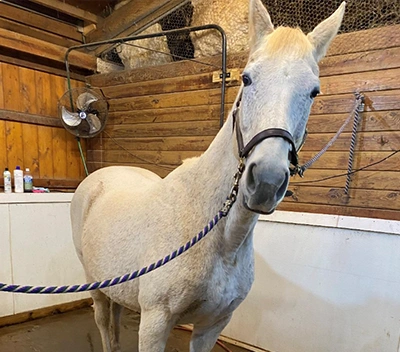
Breed: Unregistered Thoroughbred
Gender: Mare
Color: Flea Bitten Gray
DOB: 2004
Height: 16.1 Hands
Rizzo joined Childhelp in 2018 after her owner passed away. She’s our boss mare and the most challenging horse for advanced children. Rizzo excels in teaching boundaries, trust, and patience. While she may not be your typical therapy horse, Rizzo offers a unique and profound value to the program. She’s a feisty thoroughbred who mirrors many of our children’s struggles and triumphs, and many of the children relate strongly to her. The children understand her initial lack of trust and her tendency to be dominant when she feels scared or threatened. They witness how she may posture aggressively, only to soften and show kindness once she trusts someone. Her favorite treat is alfalfa hay. If Rizzo were an animated character, she’d be “Te Fiti” from Moana — strong, fierce, and full of heart. Ready to adopt? Speak to a Childhelp representative.
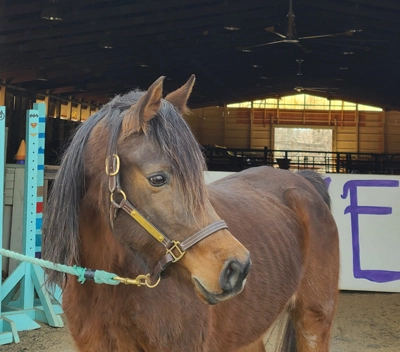
Breed: Crabbet Arabian
Gender: Mare
Color: Bay
DOB: 2005
Height: 14 Hands
Samira is a remarkable 19-year-old Crabbet Arabian mare with a rich history. Standing at a petite 14.2 hands and weighing approximately 900 pounds, Samira exudes elegance and charm. She was foaled at Fox Meadow Farms in Barboursville, VA, bred and owned by Mr. W. Booker, Vice President of Ford Motor Company.
Samira’s journey began with extensive in-hand training as a yearling, which laid the foundation for her illustrious Dressage career. She earned numerous accolades, including the prestigious title of National Champion Mare and multiple Regional and East Coast Championships. During her training years, Samira refined her skills at Jonesborough Farms in Culpeper, VA.
In 2013, Samira transitioned to a new chapter, giving birth to a stunning filly. Two years later, she retired from competitive Dressage and embraced a more relaxed lifestyle as a trail and pleasure riding horse. Her gentle nature also made her an ideal companion for lead-line activities with children.
Samira’s warm, sociable personality shines through in her love for humans and other animals. We’re thrilled to welcome her and are eager to see the joy she will bring to our program.
We look forward to witnessing the connections Samira will create and the therapeutic impact she’ll bring to those around her!
Ready to adopt? Speak to a Childhelp representative.
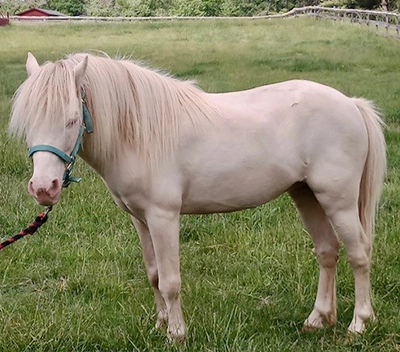
On trial for a very special job at the Village
Breed: Pony
Gender: Gelding
Color: White
DOB: Estimated 2016
Height: 10.1 Hands
Rebel is the newest pony to join our Village, arriving on April 29th for a 90-day trial to see if this could be his forever home. He’s a small but mighty white pony, standing at 10.1 hands tall and weighing around 435 pounds. We think he’s between 8 and 10 years old. Before coming here, Rebel spent the last year relaxing in a field, and before that, he had some experience working with young children—in a safe, supervised setting. While we don’t know much about his early life, Rebel shows two qualities that are very promising for therapy work—a strong foundation of solid training and a willing spirit that we’re excited to build on with gentle training and lots of love. Rebel is very social and seems to enjoy being around people. Rebel recently underwent castration and is healing very well—his veterinarian couldn’t help but say, “He’s so cute it’s ridiculous!” He handled the surgery and aftercare with calmness and trust, which speaks volumes about his temperament. To help him adjust, Rebel is spending time with one of our wise, seasoned horses who specializes in helping new arrivals learn how to settle into the herd and understand their new roles. Rebel is still getting to know us and learning what life is like here. As with every horse that comes to the Village, he will be given all the time, training, and care he needs to build confidence, deepen connection, and get comfortable with the unique work of equine therapy. He won’t be introduced to children until he’s truly ready. And one more thing—you’ll probably hear Rebel before you see him… he has a lot to say and isn’t shy about sharing it! We’re so excited to see how Rebel grows and hope he finds his special place in our healing herd. 💛
